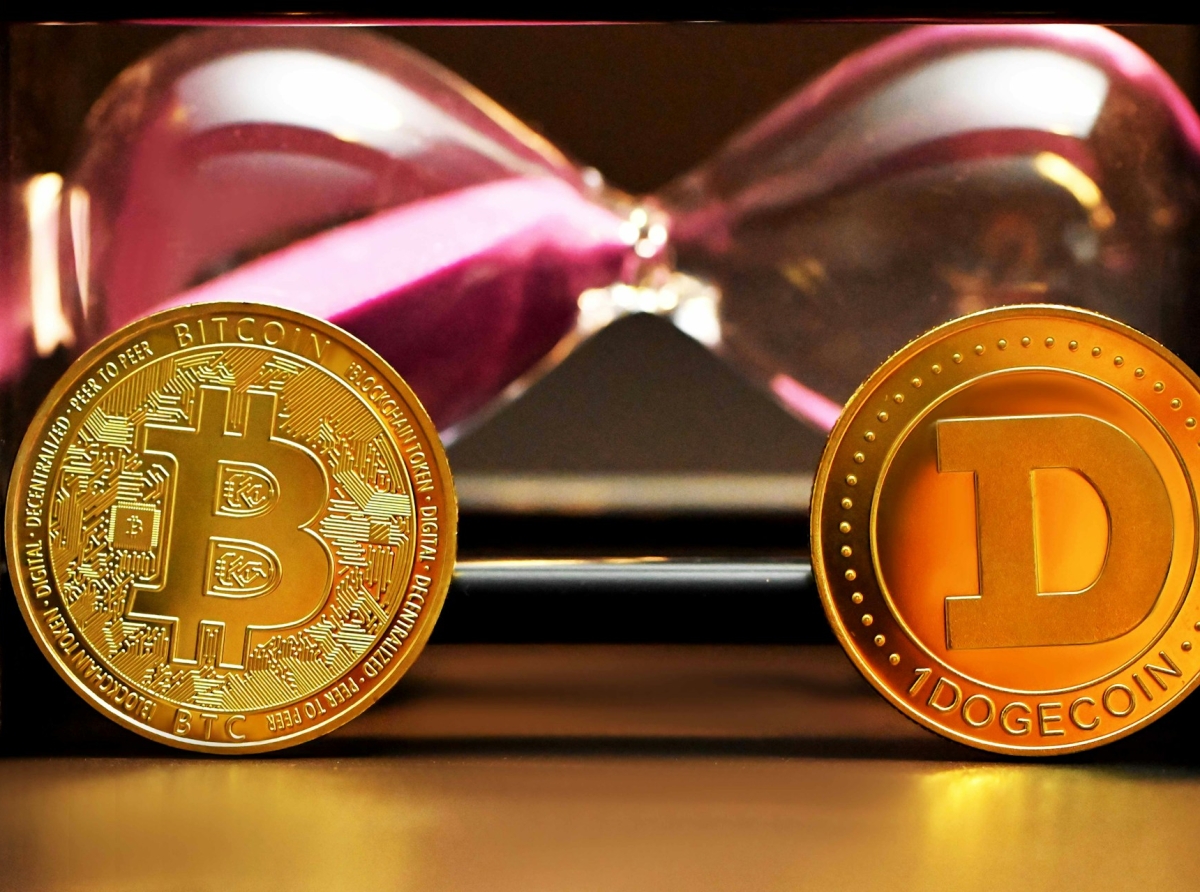Mechanics of a Hot Wallet for Cryptocurrency

Mechanics of a Hot Wallet for Cryptocurrency
The advent of cryptocurrency has revolutionized the financial landscape, offering a decentralized form of currency that operates independently of a central authority. Cryptocurrencies like Bitcoin, Ethereum, and others are digital assets designed for use over the internet. However, as with any form of currency or asset, secure management is paramount. This necessity gave birth to cryptocurrency wallets.
Cryptocurrency wallets are tools that allow users to store and manage their digital assets. Amid various wallet types, hot wallets have emerged as a convenient option for regular transactions and asset management due to their constant connectivity to the internet. A hot wallet enables users to send and receive cryptocurrencies with ease while providing an intuitive interface for tracking their portfolio.
Cryptocurrency wallets are tools that allow users to store and manage their digital assets. Amid various wallet types, hot wallets have emerged as a convenient option for regular transactions and asset management due to their constant connectivity to the internet. A hot wallet enables users to send and receive cryptocurrencies with ease while providing an intuitive interface for tracking their portfolio.

Mechanics of a Hot Wallet for Cryptocurrency
The Functioning of Hot Wallets
Hot wallets are distinguished by their ability to operate online, which facilitates instant transactions over blockchain networks—the underlying technology behind cryptocurrencies. They generate private keys (akin to secure digital signatures) that must be kept confidential along with public addresses used to receive funds.There are several variations of hot wallets:
- Web-based wallets allow access through browsers and often come as extensions or web services.
- Mobile wallets, applications on smartphones, empower users on-the-go with features like QR code scanning.
- Desktop wallets run on personal computers and often offer enhanced control over security options.
Each type has its unique attributes suited for different user needs but shares the common trait of being connected to the internet.
Security Considerations for Hot Wallets
Although hot wallets provide convenience, they’re not immune to vulnerabilities due to their online nature:- Hacking risks can lead to stolen funds if security measures are not adequately in place.
- Phishing scams can deceive users into revealing sensitive information like wallet passwords or keys.
To mitigate these risks, adhering to security best practices is imperative. This includes using strong, unique passwords; enabling two-factor authentication; keeping software up-to-date; and being vigilant against suspicious activities or communications.
Comparing Hot Wallets to Cold Wallets
In contrast, cold wallets are offline storage solutions—like hardware wallets or paper wallets—that offer higher security at the expense of accessibility. They’re akin to safes for your digital assets.Hot wallets generally provide more user convenience but less security compared to cold wallets. For instance:
Speed: Hot wallet transactions are quick, suitable for active traders or everyday use.
Accessibility: They’re more accessible but also exposed to online threats.
Cold storage is ideal for long-term holding of assets where access frequency is low while hot wallets suit everyday transactions where speed and ease-of-use take precedence.
Conclusion:
Understanding how hot wallets function is vital in navigating the crypto space effectively while maintaining asset safety. It’s important not only to use them wisely but also be aware of their limitations in terms of security.
By integrating hot wallet solutions judiciously—leveraging their strengths for daily transactions while relying on cold storage for significant holdings—you can craft an effective cryptocurrency strategy that balances convenience with risk mitigation seamlessly.
Cryptocurrency, Hot Wallets, Digital Assets, Cryptocurrency Security, Crypto Transactions
Understanding how hot wallets function is vital in navigating the crypto space effectively while maintaining asset safety. It’s important not only to use them wisely but also be aware of their limitations in terms of security.
By integrating hot wallet solutions judiciously—leveraging their strengths for daily transactions while relying on cold storage for significant holdings—you can craft an effective cryptocurrency strategy that balances convenience with risk mitigation seamlessly.
Cryptocurrency, Hot Wallets, Digital Assets, Cryptocurrency Security, Crypto Transactions














Report
My comments